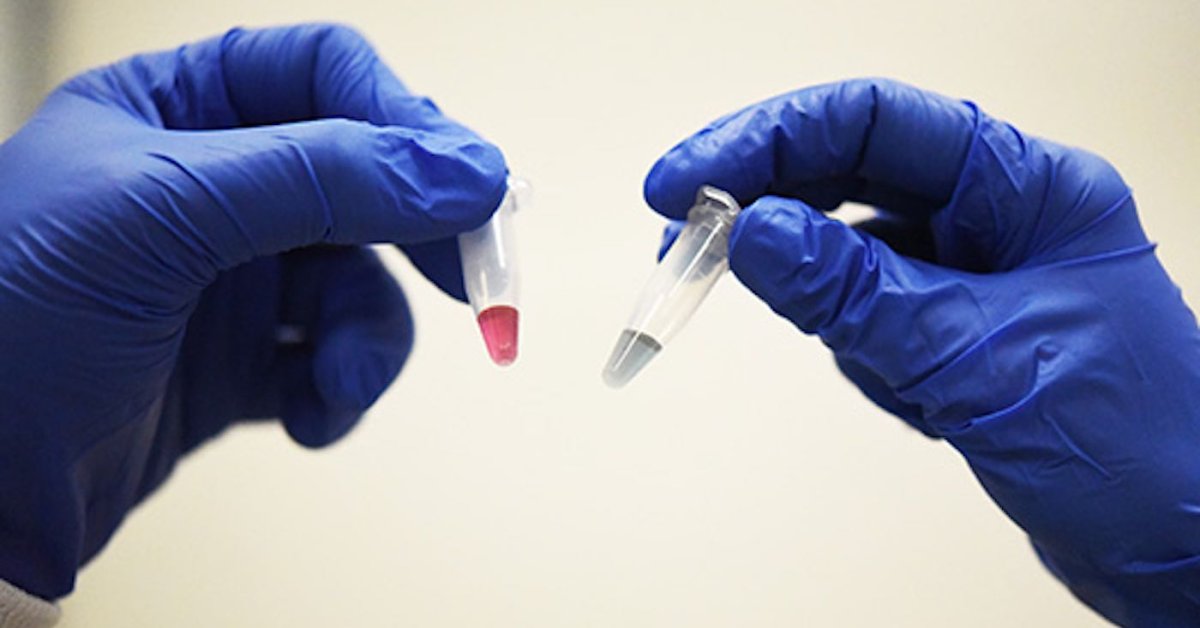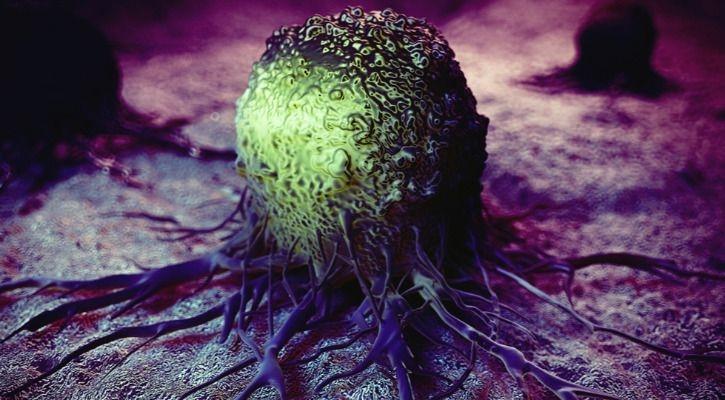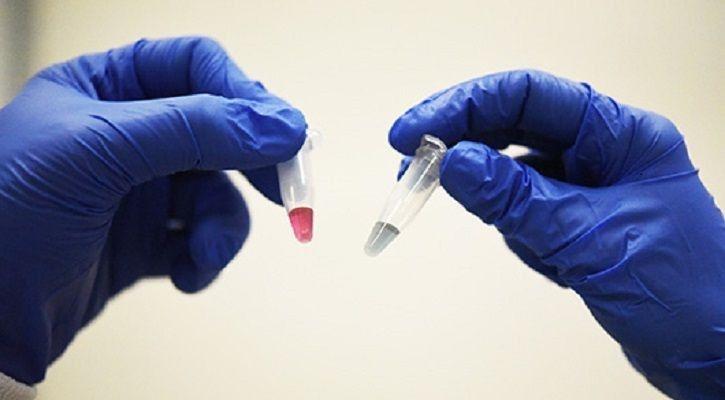It Now Takes 10 Minutes To Diagnose Cancer At 90 Percent Accuracy
Dhir Acharya - Dec 09, 2018

Scientists in Australia have just found a way to quickly and efficiently diagnose for cancer at its early stage.
- Scientists “Teleport” Gold Nanoparticles Into Cancer Cells To Destroy Them
- Three Renowned Indian Institutes Developed A More Effective Cancer Treatment
- This Portable Device From IIT Mandi Uses AI To Detect Cervical Cancer More Accurately
Scientists haven’t found a way that can cure cancer at a 100 percent success rate. So currently, the possibility to treat cancer relies on early diagnosis.
And Australian researchers have just come with up with a method using the blood test to detect the malignant cells at its early stage.

The new cancer test, developed by scientists from the University of Queensland, can detect malignant cells in any place of the human body using a simple fluid that changes its colors. And it’s just a 10-minute test.
Dr Laura Carrascosa, who did the research with Dr Abu Sina and Professor Matt Trau, said stressed another advantage of the new method – low cost and simplicity.
The basis of this new technique comes from the fact that cancer DNA and normal DNA stick to metal surfaces in different ways. Plus, if there are cancer cells in a person’s body, they will travel through the bloodstream. In short, this test is designed to find out if there’s any tiny cancer cell in your blood.
The researchers are still refining the test so we may have to wait for another while before the test can officially come to use. Nevertheless, the test poses a promising future of quick simple screening tests for signs of tumor within the clinic of a doctor.

At the moment, the test has proved a sensitivity of 90 percent, which means it can identify 90 cancer cases out of every 100 cases at an early stage. The researchers think that the test can serve as an early warning system with easy access. From the positive results of this test, doctors can conduct more intensive tests.
With this technique, doctors can stop relying on patients' report of a lump or symptoms, nor an invasive biopsy to diagnose the deadly disease. Instead, the new low-cost test can actually be even more efficient at detecting any signs for the cancer development at an early stage.
Featured Stories

Features - Jan 29, 2026
Permanently Deleting Your Instagram Account: A Complete Step-by-Step Tutorial

Features - Jul 01, 2025
What Are The Fastest Passenger Vehicles Ever Created?

Features - Jun 25, 2025
Japan Hydrogen Breakthrough: Scientists Crack the Clean Energy Code with...

ICT News - Jun 25, 2025
AI Intimidation Tactics: CEOs Turn Flawed Technology Into Employee Fear Machine

Review - Jun 25, 2025
Windows 11 Problems: Is Microsoft's "Best" OS Actually Getting Worse?

Features - Jun 22, 2025
Telegram Founder Pavel Durov Plans to Split $14 Billion Fortune Among 106 Children

ICT News - Jun 22, 2025
Neuralink Telepathy Chip Enables Quadriplegic Rob Greiner to Control Games with...

Features - Jun 21, 2025
This Over $100 Bottle Has Nothing But Fresh Air Inside

Features - Jun 18, 2025
Best Mobile VPN Apps for Gaming 2025: Complete Guide

Features - Jun 18, 2025
A Math Formula Tells Us How Long Everything Will Live
Read more

Mobile- Feb 17, 2026
Anticipating the Samsung Galaxy S26 and S26+: Key Rumors and Specs
The Samsung Galaxy S26 series is on the horizon, sparking excitement among tech enthusiasts.

ICT News- Feb 18, 2026
Google's Project Toscana: Elevating Pixel Face Unlock to Rival Apple's Face ID
As the smartphone landscape evolves, Google's push toward superior face unlock technology underscores its ambition to close the gap with Apple in user security and convenience.

ICT News- Feb 19, 2026
Escalating Costs for NVIDIA RTX 50 Series GPUs: RTX 5090 Tops $5,000, RTX 5060 Ti Closes in on RTX 5070 Pricing
As the RTX 50 series continues to push boundaries in gaming and AI, these price trends raise questions about accessibility for average gamers.
Comments
Sort by Newest | Popular